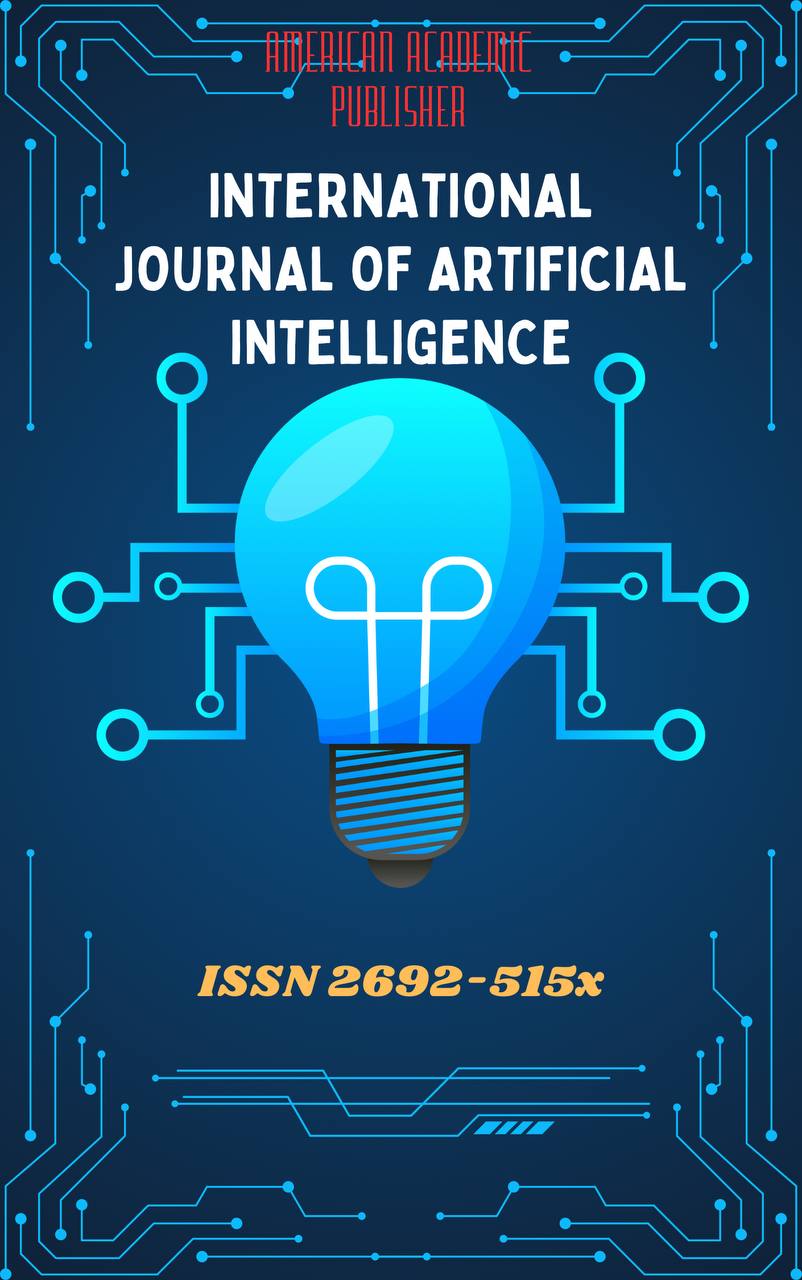 Articles
| Open Access |
Articles
| Open Access | DEVELOPING STUDENTSʼ SCIENTIFIC MINDSET IN TEACHING PHYSICS
Kurbanov Mirzaahmad ,Jamolov Jasur , Professor, National University of Uzbekistan/1st-year Masterʼs Student, National University of UzbekistanAbstract
In this article, the possibilities of traditional teaching methods in modern physics education are examined, along with their limitations in developing students independent thinking and problem-solving skills. As a possible solution, the study considers the integration of Carol Decks “growth mindset” concept into the methodology of teaching physics. The results show that adopting a growth mindset approach not only improves students’ academic performance but also strengthens their intrinsic motivation to learn and their perseverance in solving problems. The article blends theoretical perspectives with practical examples and analysis.
Keywords
Physics, teaching, worldview, natural sciences, outcomes, motivation, methods, examples
References
Osborne, J., Simon, S., & Collins, S. (2003). Attitudes towards science: A review of the literature and its implications. International Journal of Science Education, 25(9), 1049–1079.
https://doi.org/10.1080/0950069032000032199.
Gire, E., & Rebello, N. S. (2010). Investigating the perceived difficulty of introductory physics problems. In C. Singh, N. S. Rebello, & M. Sabella (Eds.), Proceedings of the 2010 Physics Education Research Conference (AIP Conference Proceedings, Vol. 1289, pp. 149–152). AIP Publishing. https://doi.org/10.1063/1.3515184.
Fakcharoenphol, W., Morphew, J. W., & Mestre, J. P. (2015). Judgments of physics problem difficulty among experts and novices. Physical Review Special Topics — Physics Education Research, 11(2), 020128. https://doi.org/10.1103/PhysRevSTPER.11.020128.
Sigron, M., Langley, D., Dylak, S., & Yerushalmi, E. (2025). Longitudinal trends of high school physics studentsʼ perceptions of experience, difficulty, and development in a long-term inquiry framework. Physical Review Physics Education Research, 21, 010101. https://doi.org/10.1103/PhysRevPhysEducRes.21.010101.
5. Cioffi, A., Galano, S., Passeggia, R., & Testa, I. (2024). Validation of two test anxiety scales for physics undergraduate courses through confirmatory factor analysis and Rasch analysis. Physical Review Physics Education Research, 20, 010126. https://doi.org/10.1103/PhysRevPhysEducRes.20.010126.
England, B. J., Brigati, J. R., Schussler, E. E., & Chen, M. M. (2019). Student anxiety and perception of difficulty impact performance and persistence in introductory biology courses. CBE—Life Sciences Education, 18(2), ar21. https://doi.org/10.1187/cbe.17-12-0284.
England, B. J., Brigati, J. R., Schussler, E. E., & Chen, M. M. (2019). Student anxiety and perception of difficulty impact performance and persistence in introductory biology courses. CBE—Life Sciences Education, 18(2), ar21. https://doi.org/10.1187/cbe.17-12-0284.
Yeager, D. S., Hanselman, P., Walton, G. M., et al. (2019). A national experiment reveals where a growth mindset improves achievement. Nature, 573, 364–369. https://doi.org/10.1038/s41586-019-1466-y
Blackwell, L. S., Trzesniewski, K. H., & Dweck, C. S. (2007). Implicit theories of intelligence predict achievement across an adolescent transition. Child Development, 78(1), 246–263. https://doi.org/10.1111/j.1467-8624.2007.00995.x
Little, A. J. (2019). Exploring mindsetʼs applicability to studentsʼ experiences with challenge in college physics. Physical Review Physics Education Research,15(1), 010127. https://doi.org/10.1103/PhysRevPhysEducRes.15.010127
Limeri, L. B., Carter, N. T., Choe, J., & et al. (2020). Growing a growth mindset: Characterizing how and why undergraduate studentsʼ mindsets change. International Journal of STEM Education, 7, 23. https://doi.org/10.1186/s40594-020-00227-2
Hattie, J., & Timperley, H. (2007). The power of feedback. Review of Educational Research, 77(1), 81–112. https://doi.org/10.3102/003465430298487
Khudoyberdieva, D., Otajonov, S., Eshchanov, B., Eshquvatov, H., & Abdullayev, N. (2024). Mechanisms of Raman scattering spectrum of light from pyridine molecule in the lower frequency range. Results in Optics, 16, 100685.
Begmatova, D., Eshkuvatov, H., Abdullayev, N., Xodjayeva, N., Suvonova, O., & Ishtayev, J. Results in Optics.
Mercuri, S. P. (2010). Using graphic organizers as a tool for the development of scientific language. Gist Education and Learning Research Journal, 4, 49–72. https://files.eric.ed.gov/fulltext/EJ1062596.pdf
Yeager, D. S., & Dweck, C. S. (2012). Mindsets that promote resilience: When students believe that personal characteristics can be developed. Educational Psychologist, 47(4), 302-314.
Chien, Y. T. (2020). Enhancing studentsʼ problem-solving skills through context-based learning. International Journal of Science Education, 42(4), 512-531.
Article Statistics
Downloads
Copyright License

This work is licensed under a Creative Commons Attribution 4.0 International License.
